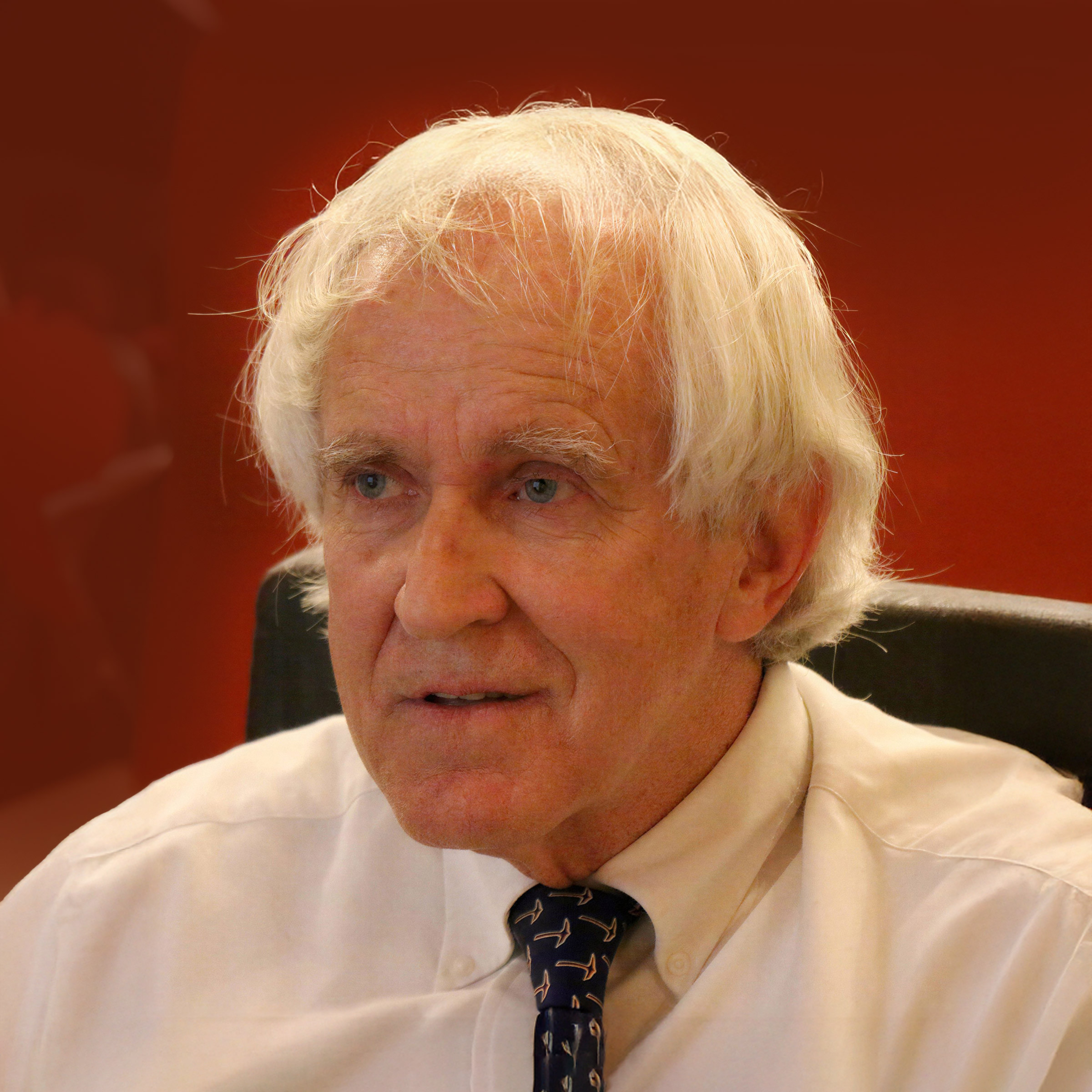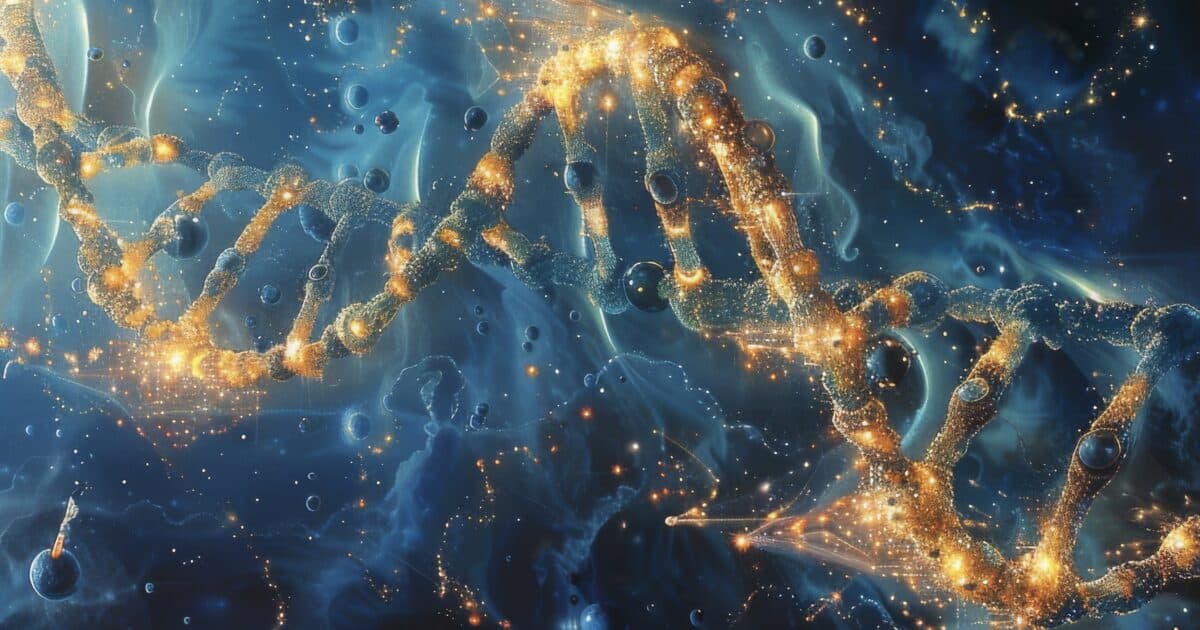
hypothesis

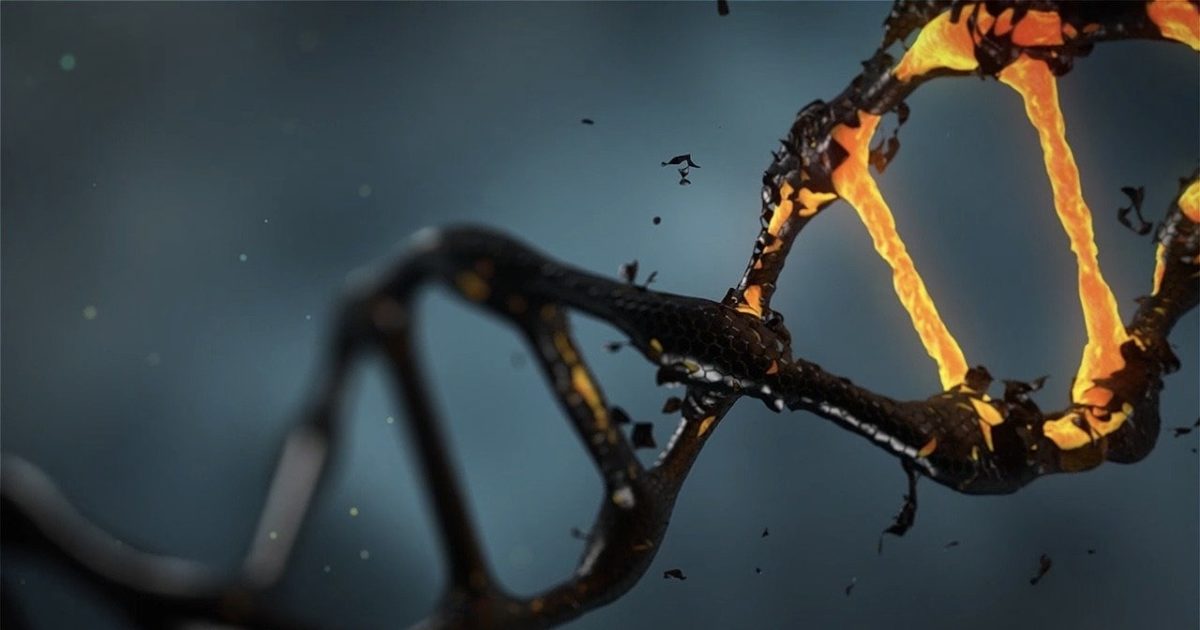
The Positive Case for Intelligent Design in Genetics

The Positive Case for Intelligent Design in Systematics (the Relationships Between Organisms)
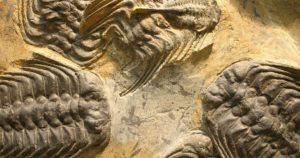
The Positive Case for Intelligent Design in Paleontology

Darwin’s Rhapsody

Sociology Journal: Why Lobbyists So Persistently Call Evolution a “Fact”
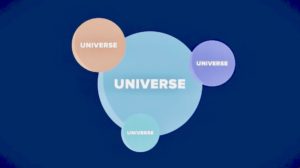
“Faith” and the Multiverse: A Response

Science Is Not Simply “What Scientists Do”

Reaching the “Limits” of Material Explanations — Can It Be Done?






























